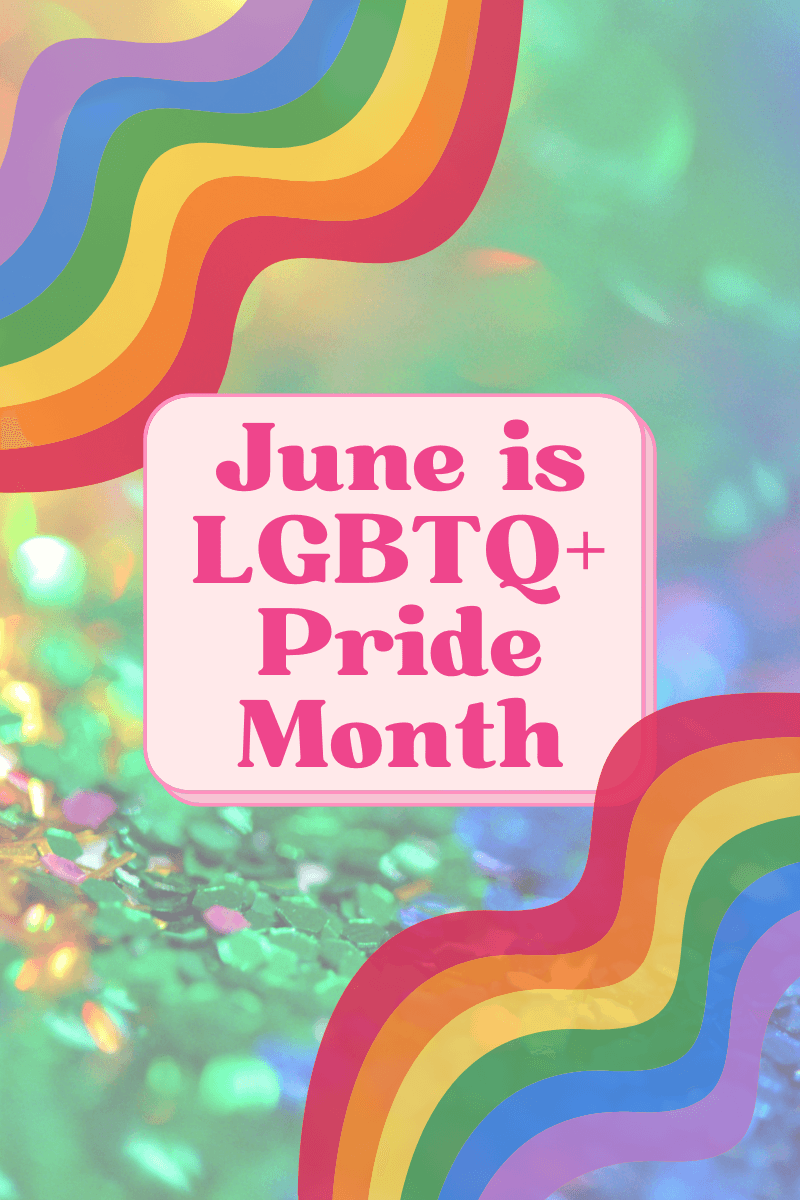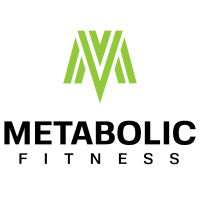
June marks LGBTQ+ Pride Month, a time to celebrate the vibrant diversity and resilient spirit of the LGBTQ+ community. As we adorn our streets with rainbow flags and come together in solidarity, it's essential to reflect on the multifaceted journey towards equality and the ongoing challenges faced by LGBTQ+ individuals, including the intersectionality of domestic violence within the community.
Pride Month originated from the Stonewall Riots in 1969, a pivotal moment in LGBTQ+ history when LGBTQ+ individuals, particularly transgender women of color, fought back against police brutality and discrimination at the Stonewall Inn in New York City. This uprising sparked a global movement for LGBTQ+ rights, leading to significant advancements in civil liberties, visibility, and acceptance.
However, despite progress, LGBTQ+ individuals continue to confront various forms of discrimination and oppression, including domestic violence. Research indicates that members of the LGBTQ+ community experience domestic violence at rates comparable to or higher than heterosexual individuals. Factors such as societal stigma, lack of legal protections, and barriers to accessing support services contribute to this alarming reality.
Within LGBTQ+ relationships, domestic violence can manifest in unique ways, often intertwined with issues of identity, power dynamics, and systemic oppression. For instance, transphobia and homophobia may exacerbate abusive behaviors, making it challenging for survivors to seek help or find culturally competent support.
Moreover, LGBTQ+ survivors of domestic violence may encounter additional hurdles when accessing shelters or legal assistance due to the lack of inclusive policies and resources. Discrimination and misconceptions about same-sex relationships or gender nonconformity can further marginalize survivors and inhibit their ability to seek safety and justice.
As we celebrate Pride Month, it's crucial to amplify the voices of LGBTQ+ survivors and advocate for inclusive and accessible services that address the community's intersecting needs. This includes promoting awareness, training service providers, and advocating for policies that protect LGBTQ+ individuals from discrimination and violence.
To learn more about LGBTQ+ Pride Month and how you can get involved, check out these resources:
- In Our Own Voices: The only culturally specific nonprofit organization in NYS dedicated to providing services to LGBTQ+ people of color.
- NYC Anti-Violence Project: Empowers lesbian, gay, bisexual, transgender, queer, and HIV-affected communities and allies to end all forms of violence through organizing and education and supports survivors through counseling and advocacy.
- Library of Congress LGBTQ+ Pride Month: Learn more about the history of LGBTQ+ Pride Month.
- QUEERY: A resource for art-based violence prevention education programs that use creative art and media projects to raise awareness around LGBTQ issues and prevention.
- The National LGBTQ Institute on IPV: Identifies and responds to the specific and emerging needs of diverse LGBTQ+ intimate partner violence survivors. The Institute informs research and policy agendas, coordinates with other Domestic Violence Resource Network members, and provides training and technical assistance to improve nationwide violence prevention and intervention efforts.
- The Rainbow Library: An initiative driven by GLSEN Connecticut that sends LGBTQ+ affirming text sets to schools and libraries for free.
Together, we can strive for a world where everyone, regardless of sexual orientation, gender identity, or expression, can live authentically and free from the fear of domestic violence. Let's honor the legacy of LGBTQ+ activists and continue working towards a more just and inclusive society for all. Happy Pride Month!



